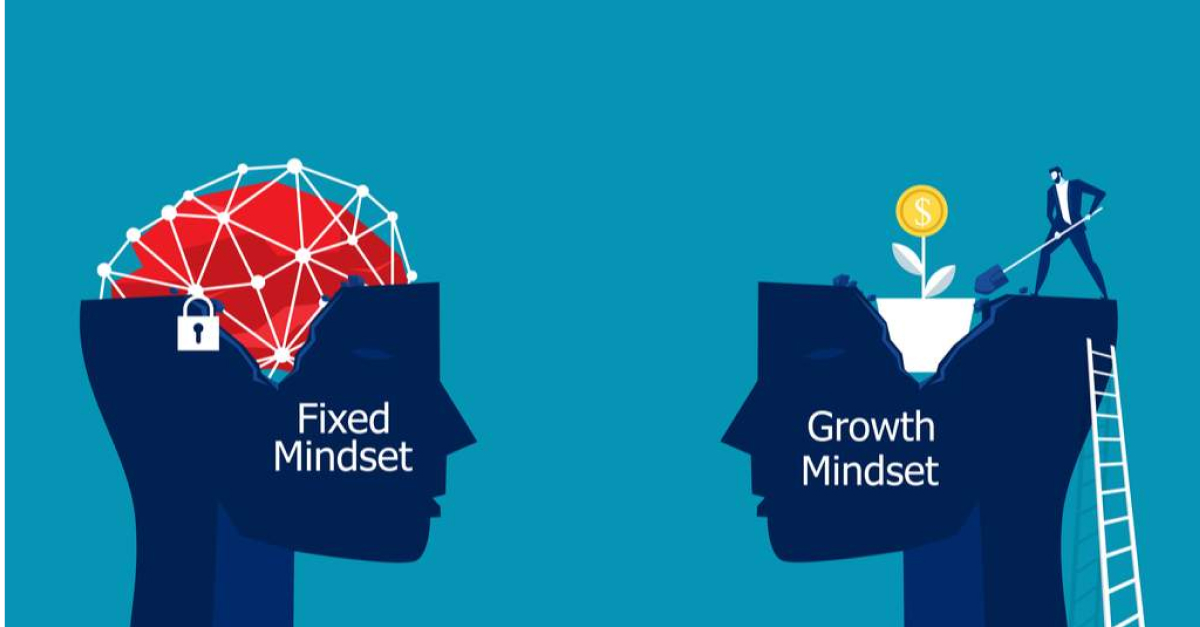Health Service professionals dedicate hours of Continuing Professional Development (CPD) to developing themselves and the skills required IN the role. However, interview skills are also important to develop in order to GET the role and are very often only reviewed in the weeks or even days leading up to a confirmed interview date. Competency-based interviewing follows a structured process and with focused planning, interviewees can devise answering techniques that will lead to success at the interview.
The plan interview candidates put in place to prepare can often be uncoordinated which ultimately leads to underperformance at interview. Some common ad hoc approaches to Interview Preparation that our clients report have hindered their success at interviews include;
- Not allocating enough time to fully read and digesting the job specification
- Focusing on learning off large texts of Health Service policies, rather than perhaps just focusing on the purpose of policies, key aims, and how they underpin the job applied for
- Preparing scenarios to use at interview that are either too short or too long-winded and do not demonstrate the required level of competence
Here are some of the best tips that have helped our clients successfully prepare for the HSE Interview Process
1. Protect time to thoroughly read the job specification; remember competency-based interview questions are compiled from the information provided on the Job specification
2. Make a list of the policies and procedures specifically referenced in the job specification – summarise the key purpose of each policy/procedure (depending on the seniority of the role, there will be varying expectations at an interview on candidate’s depth of knowledge required)
3. Read the explanation of each competency; capture the experience you can match to each part of the competency
4. Compile scenarios for each competency which clearly demonstrate your competence
5. Practice discussing this scenario, and get feedback if possible from a colleague on how this scenario demonstrates your competence and how well you communicate it
Interview Skills should form part of all Health Service staff’s Professional Development Plan. Ideally, Interview skills should be reviewed as soon as you make the decision that you are interested in promotional opportunities. This will allow you time to start developing your Professional Knowledge and competence in common areas such as planning and organizing, managing yourself and others, initiation and management of change, and problem-solving which usually are the core competency areas for most Health Service Roles.
If you are a Health Service Professional and planning on applying for promotions you might like to hear more about how I support Healthcare Professionals to develop their interview skills in the short and long term, contact me here to book a call Contact

 087 6574453
087 6574453 info@insightfulworks.ie
info@insightfulworks.ie



